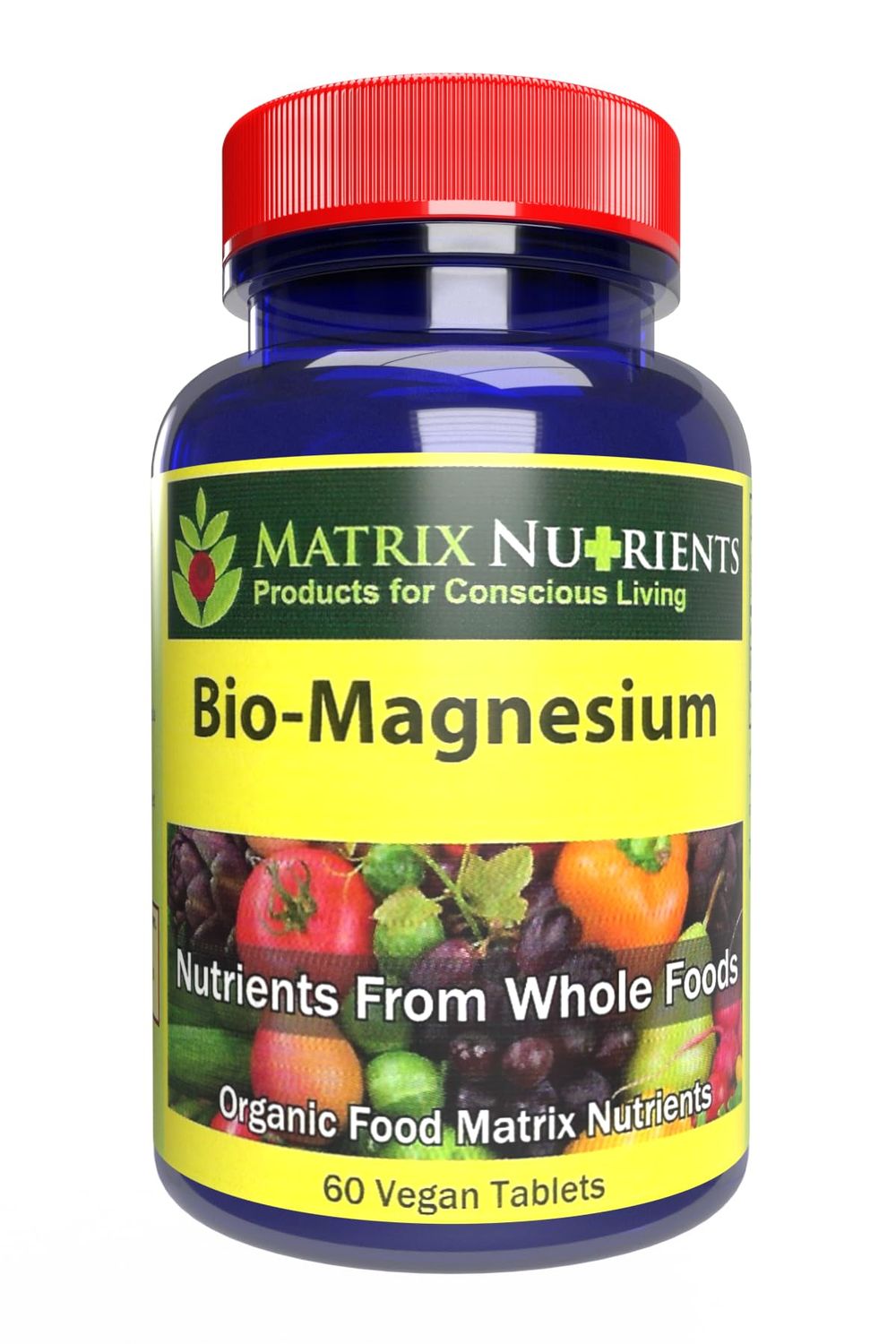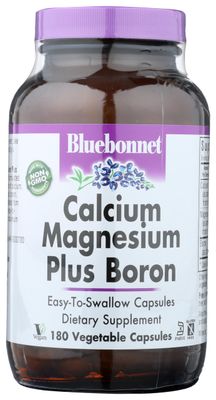BIO-Magnesium - Premium Magnesium Supplement for: Energy, Blood Pressure, Muscle Function, Sleep, Nerve Function, Blood Sugar Levels and More! - Vegan Tablets (60ct)
Description
Magnesium is an extremely important mineral. Next to potassium, it is the most predominant mineral in our cells. Magnesium is the fourth most abundant mineral found in the body, and it is absolutely essential to our good health. Magnesium also functions very closely with calcium and phosphorus. Approximately 60 percent of the magnesium in the body occurs in bone, 26 percent in muscle, and the remainder in soft tissue and body fluids. Magnesium is responsible for hundreds of biochemical reactions, among them the contraction and relaxation of muscle and blood vessels, the synthesis of protein and DNA, and the production and transport of energy from carbohydrates, fats and proteins. It has been estimated that up to 75 of people in the western world (and parts of Asia) are magnesium deficient. This is one of the most common dietary deficiencies in the world - especially in elderly people
Features
- Magnesium is an extremely important mineral. Next to potassium, it is the most predominant mineral in our cells
- Magnesium is the fourth most abundant mineral found in the body, and it is absolutely essential to our good health
- It has been estimated that up to 75 of people in the western world (and parts of Asia) are magnesium deficient. This is one of the most common dietary deficiencies in the world!
- Magnesium is necessary for normal nerve and muscle function. Magnesium is also necessary for the normal structure of bone and teeth
- Why choose Matrix Nutrients? Please read and see our images, we are simply the best out there!













